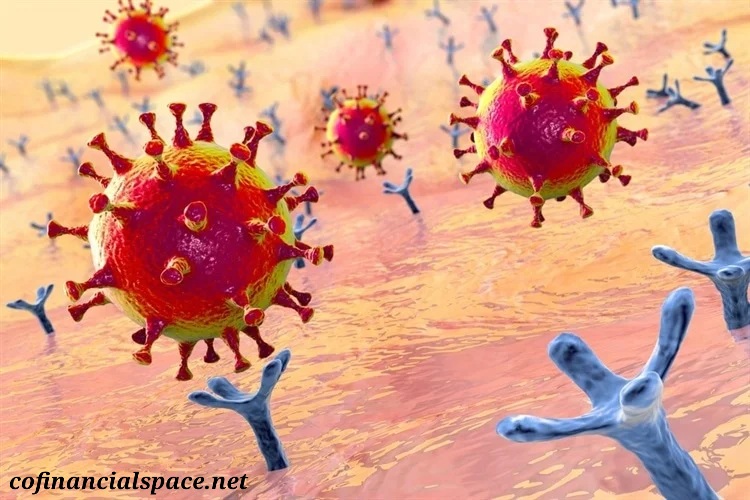
14 mars 2023
Researchers have identified the mammalian SWI/SNF chromatin remodeling complex, specifically the mSWI/SNF complex, as a potential host-directed therapeutic target for severe acute respiratory syndrome coronavirus 2 (SARS-CoV-2) infection. The chromatin is a network of DNA and protein(s) that organizes itself into chromosomes, and the SWI/SNF complex family regulates chromatin remodeling. The study was recently published in Nature Genetics and highlights the need for new prophylactic and therapeutic antiviral strategies against current and yet-to-emerge coronaviruses.
While there are currently authorized direct-acting drugs for COVID-19, such as paxlovid, remdesivir, and molnupiravir, new drug classes with broader antiviral activity are urgently needed as SARS-CoV-2 develops resistance to these drugs. Host-directed therapeutics offer a promising option as they are potentially more drug-resistant, have broader activity across all coronaviruses, and present an increased probability of synergy with other direct-acting anti-SARS-CoV-2 drugs.
The researchers used CRISPR-Cas9 technology to identify host gene subunits essential for highly pathogenic CoV infection. They found that mSWI/SNF or BRG1-associated factor (BAF) complexes, which have remained highly conserved across eukaryotes and form three subcomplexes (canonical BAF, noncanonical BAF, and polybromo-associated BAF), play a crucial role in SARS-CoV-2 infection.
Using cell lines from three primary human cell types (HEK 293T, Vero E6, and Huh7.5), the researchers found that the catalytic action of the mSWI/SNF complex was essential for increasing DNA accessibility at the ACE2 locus and promoting SARS-CoV-2 susceptibility. The transcription factor hepatocyte nuclear factor 1α (HNF1α) binds and directs canonical BAF complexes to the ACE2 locus, a mechanism that is conserved across all tested human cell types. This finding could lead to the development of drugs that degrade or inhibit SMARCA4/2 subunits of the mSWI/SNF complexes as a potential therapeutic strategy against SARS-CoV-2 and other coronaviruses.